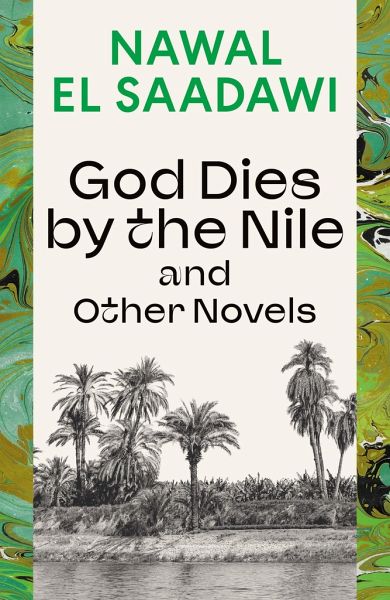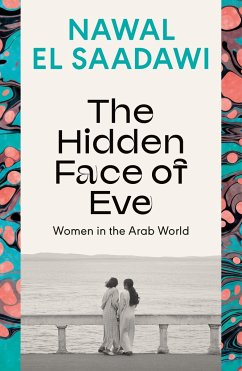Nawal El Saadawi was an internationally renowned writer, novelist and fighter for women's rights both within Egypt and abroad. Born in 1931, in a village outside Cairo, she wrote her first novel, Diary of a Child Called Souad, at the age of thirteen. Unusually, she and her brothers and sisters were educated together. After graduating from the University of Cairo Medical School in 1955, specializing in psychiatry, she practised as a medical doctor for two years. From 1963 until 1972, Saadawi worked for the Egyptian government as Director General for Public Health Education. During this time, she studied at Columbia University in New York, where she received her Master's degree in Public Health in 1966. In 1972, however, she lost her job in the government as a result of political pressure. The magazine Health, which she founded and had edited for more than three years, was closed down. From 1973 to 1978 Saadawi worked at the High Institute of Literature and Science. It was at this time that she began to write, in works of fiction and non-fiction, the books on the oppression of Arab women for which she has become famous. Her most renowned novel, Woman at Point Zero, was published in Beirut in 1973. It was followed in 1976 by God Dies by the Nile and in 1977 by her study of Arab women, The Hidden Face of Eve. In 1981 Nawal El Saadawi publicly criticized the one-party rule of President Anwar Sadat, and was subsequently arrested and imprisoned. She was released one month after Sadat's assassination. In 1982, she established the Arab Women's Solidarity Association, which was outlawed in 1991. For some years during the Mubarak regime, Saadawi lived in exile, teaching in universities in the USA and Europe, including Duke University and Washington State University. Saadawi returned to Egypt in 1996. In 2004 she presented herself as a candidate for the presidential elections in Egypt, with a platform of human rights, democracy and greater freedom for women. In July 2005, however, she was forced to withdraw her candidacy in the face of ongoing government persecution. Nawal El Saadawi achieved widespread international recognition for her work. She held honorary doctorates from, among others, the universities of York, Illinois at Chicago, St Andrews and Tromso as well as Universidad Nacional Autónoma de México. Her many prizes and awards include the Premi Internacional Catalunya in 2003, the Council of Europe North-South Prize in 2004, the Women of the Year Award (UK) in 2011, the Sean MacBride Peace Prize (Ireland) in 2012, and the French National Order of Merit in 2013. Her books have been translated into over forty languages worldwide. They are taught in universities across the world.















